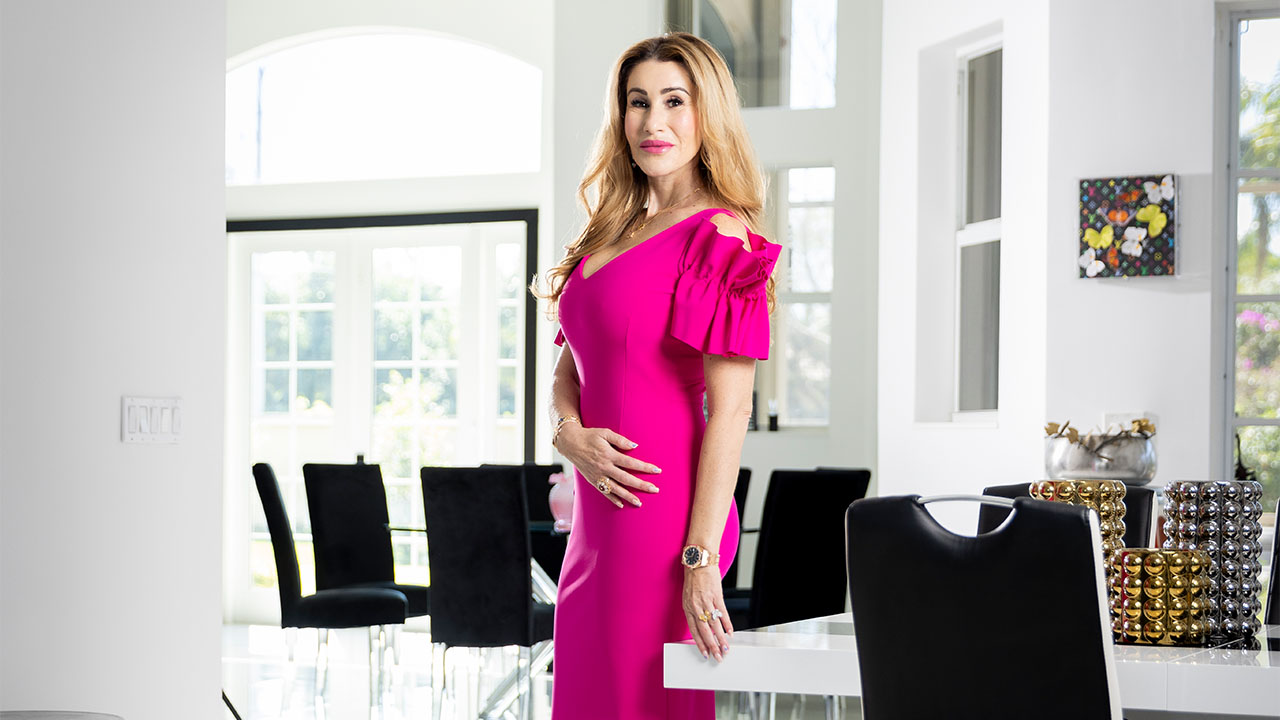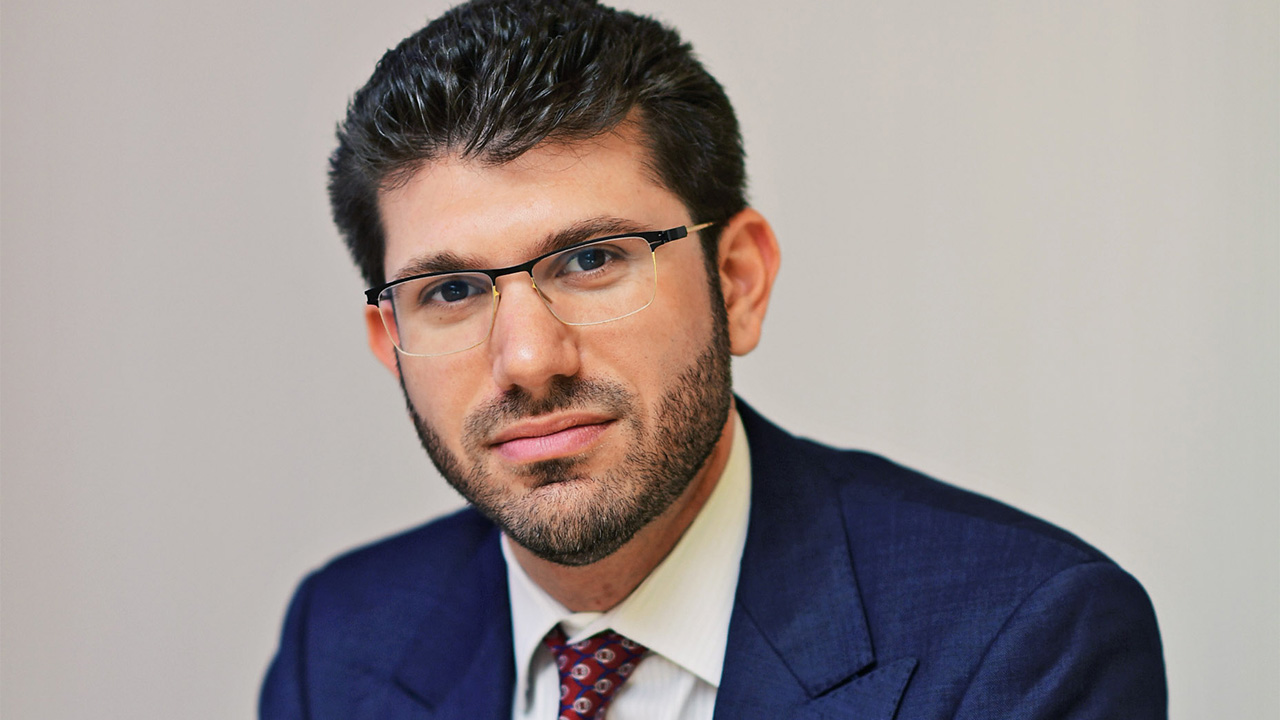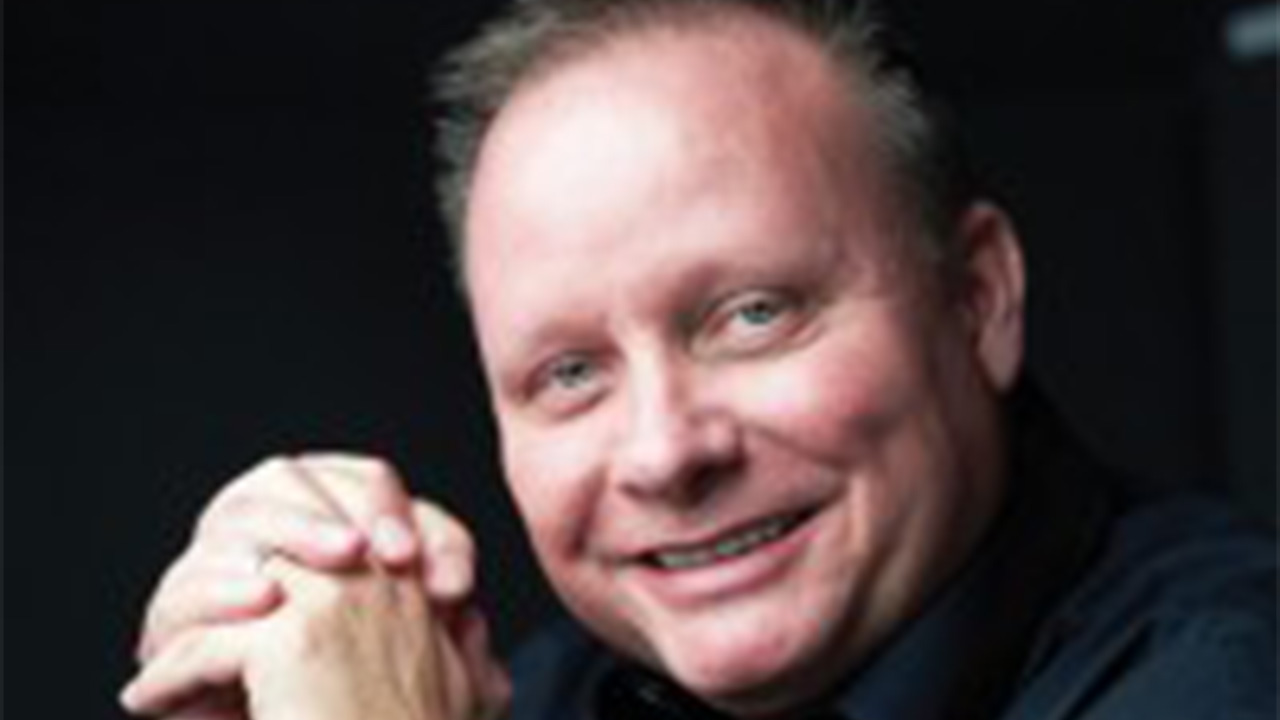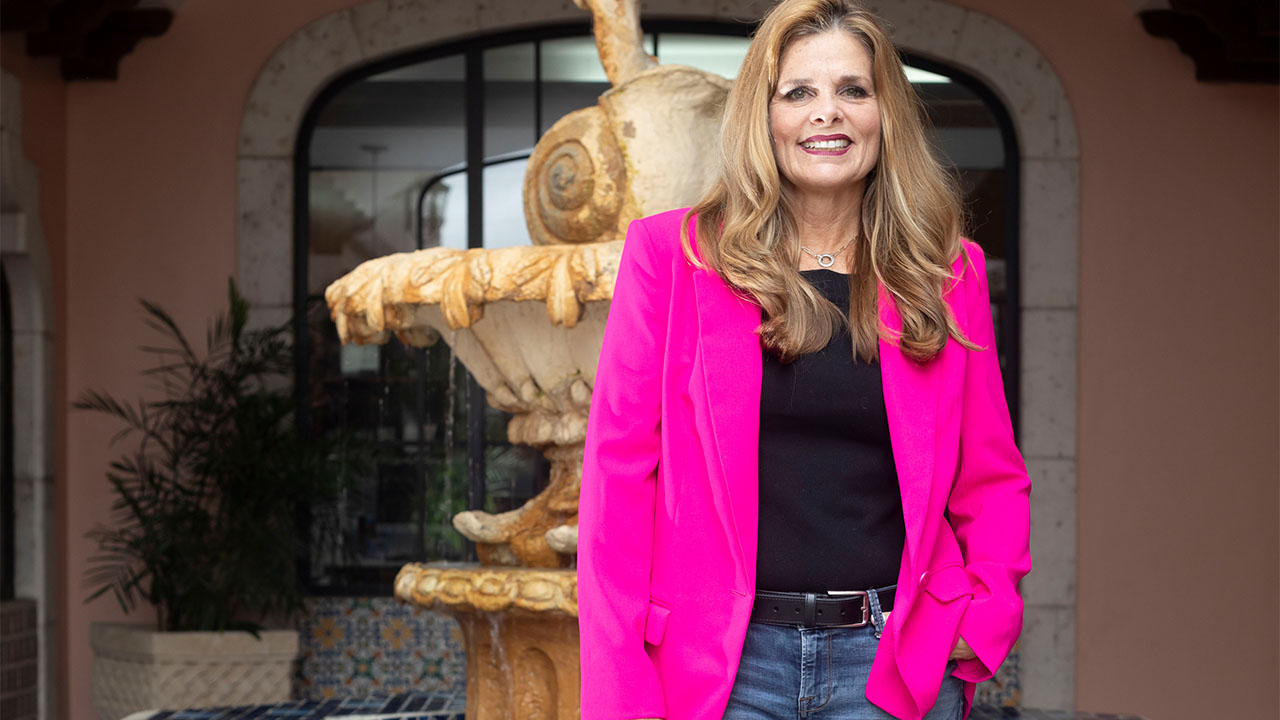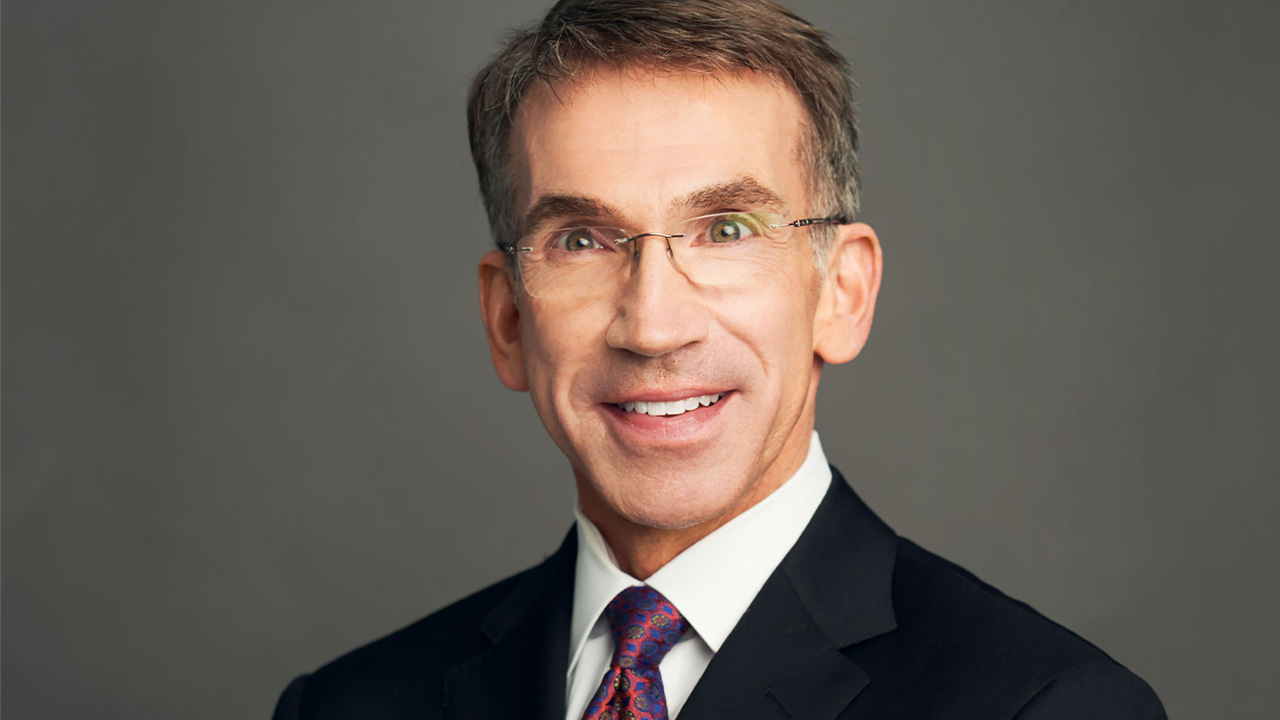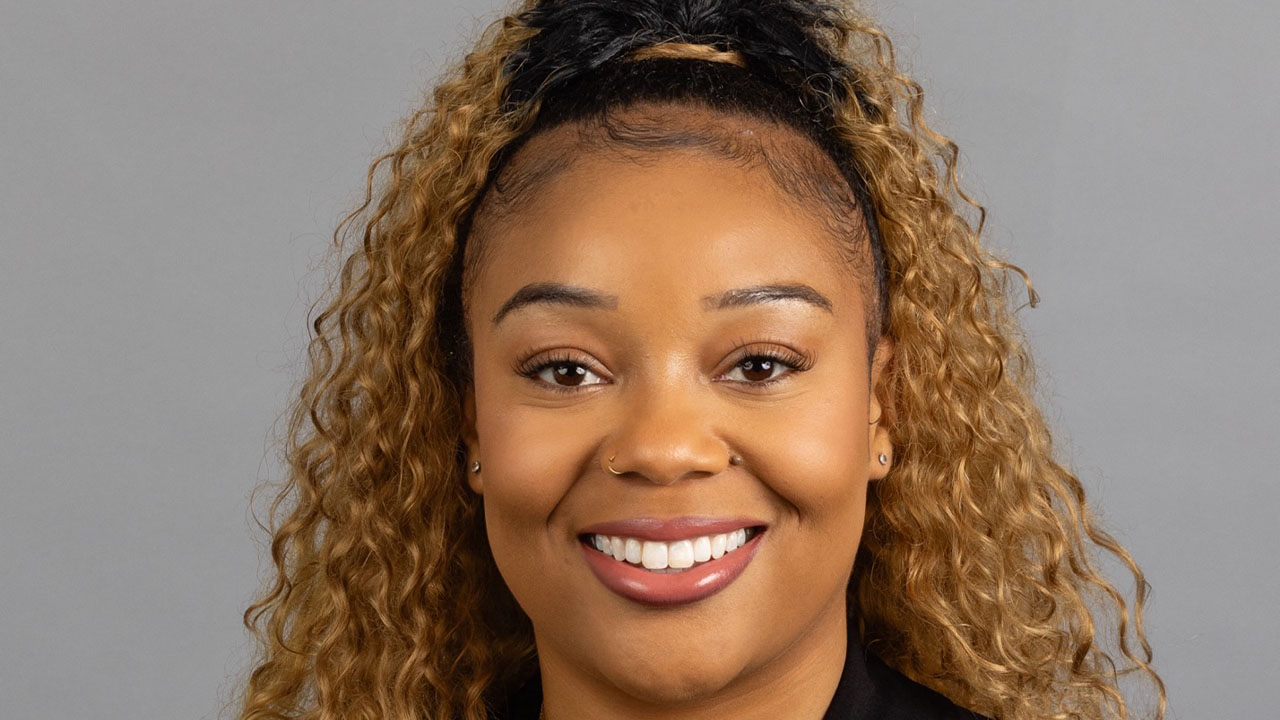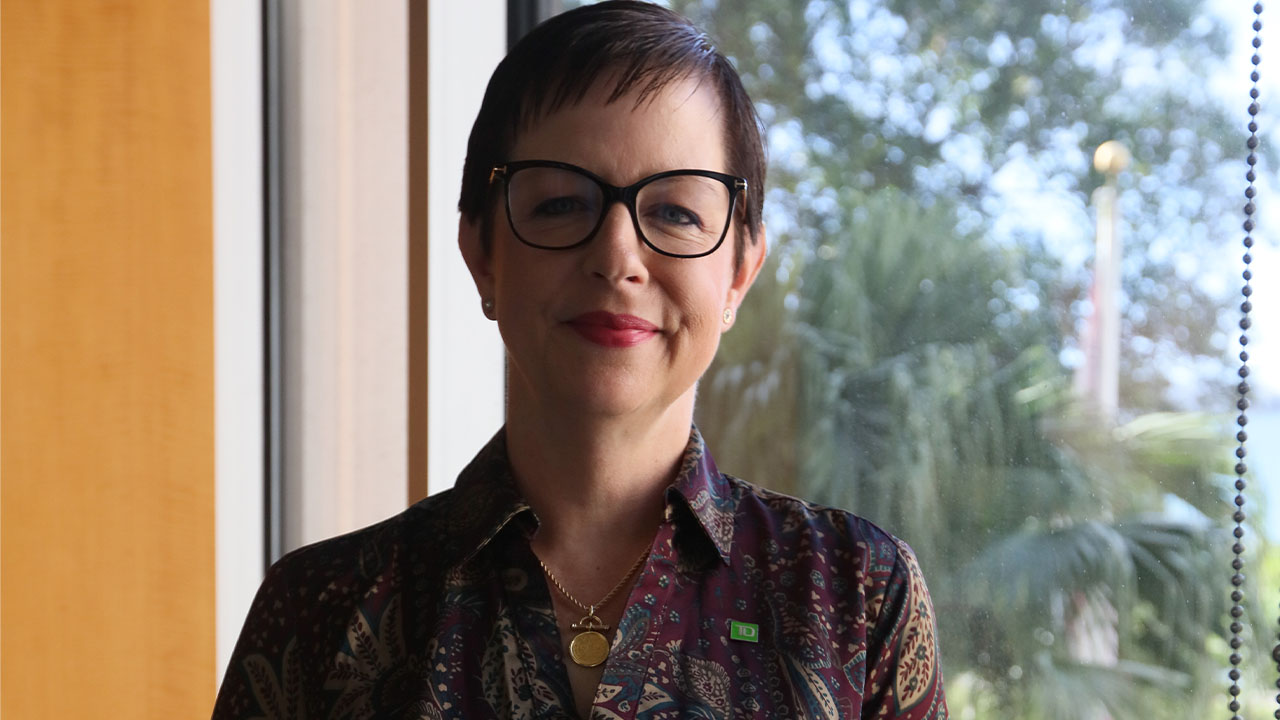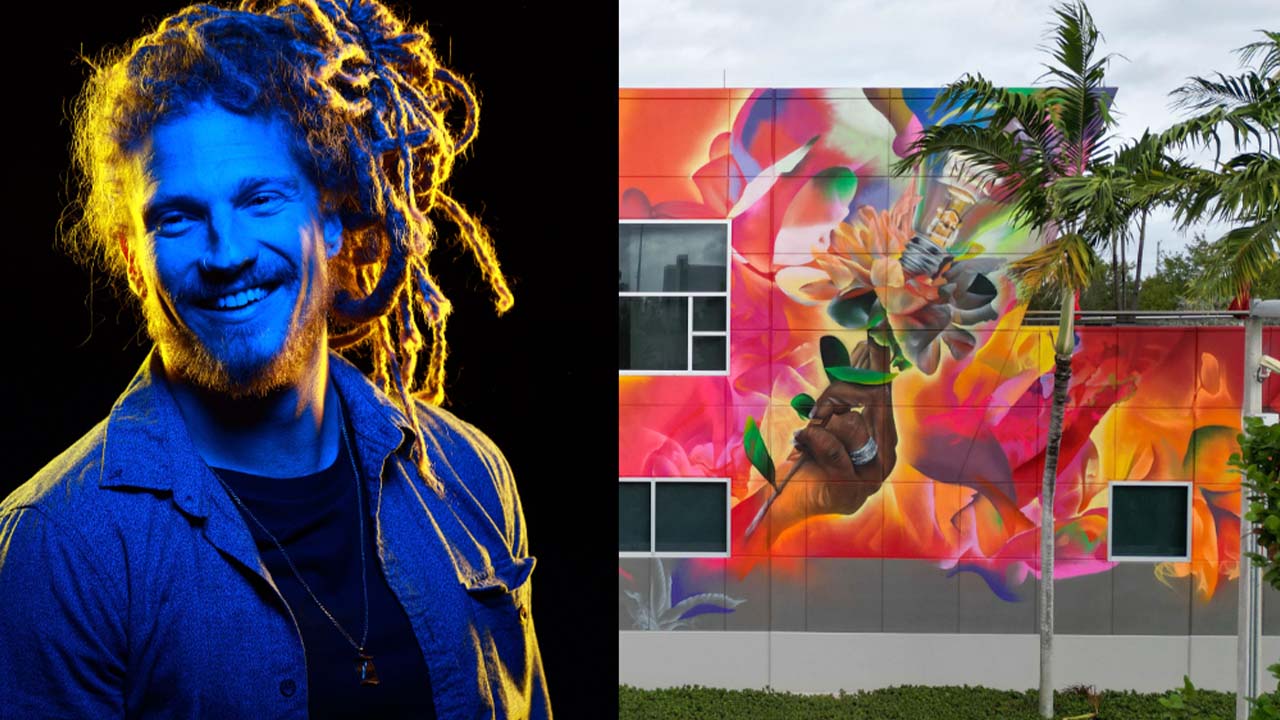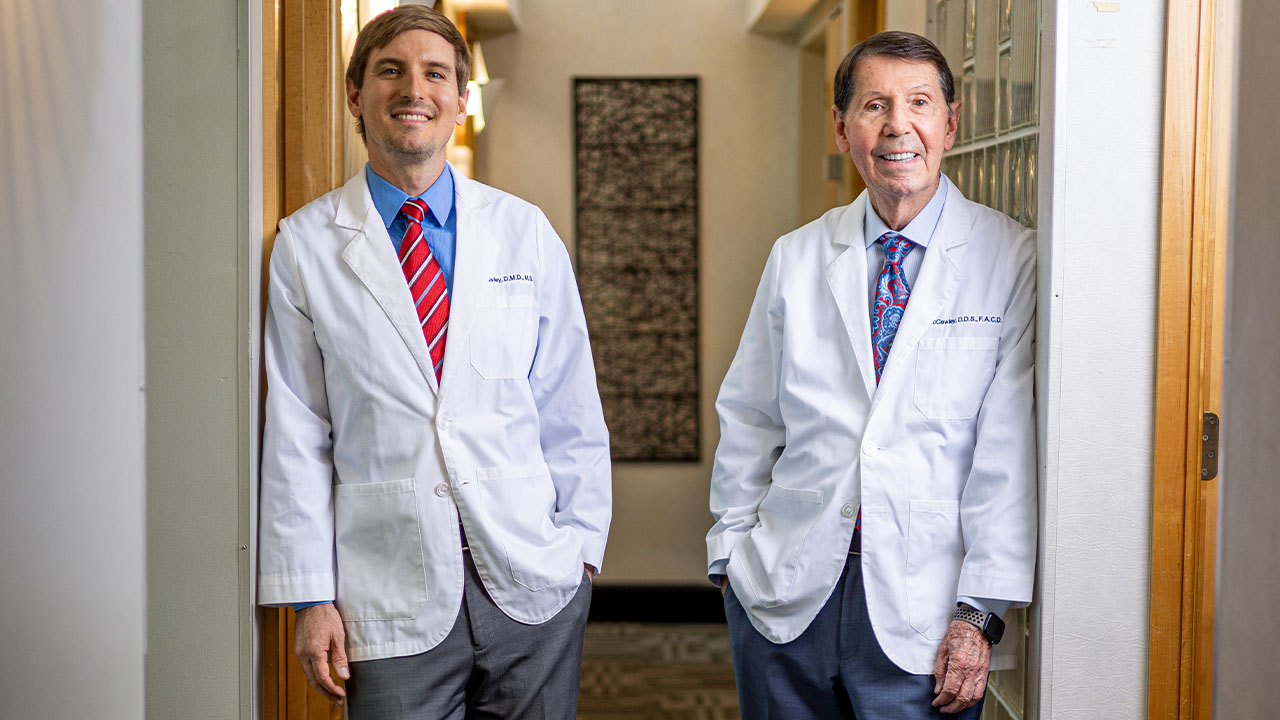The push to purge Fort Lauderdale of its bacchanalian reputation started long before Dean Trantalis was elected mayor in 2018. By then, raucous spring break destinations like Candy Store and The Button were distant memories, replaced along Fort Lauderdale Beach Boulevard by an ever-expanding skyline of luxury resorts.
But the work of evolving and sustaining tourism in the city is anything but history. According to the mayor’s office, visitors spend more than $10 billion per year in the greater Fort Lauderdale region—some $1.5 billion of which is attributed to LGBTQ tourists who frequent a city that, according to Census data, features one of the nation’s highest concentrations of same-sex households.
For Trantalis, the city’s first openly gay mayor, rolling out the welcome mat for people from all over the world means more than staging signature events like Winterfest and the Fort Lauderdale International Boat Show. It’s tending to less-glamorous but vital challenges around infrastructure—rebuilding water and sewer systems, devising traffic solutions, green-lighting preventive measures around climate change.
“Since COVID-19, we’re seeing a significant amount of new population coming to South Florida and, in particular, Fort Lauderdale,” says Trantalis, who was re-elected in 2020. “Thankfully, we made the investments in infrastructure early on, because now we’re able to benefit from it. All the high rises you see could not have been built if we didn’t make those investments.”
As Trantalis is quick to point out, there’s plenty more work to be done. The mayor touched on tourism and its tentacles during a wide-ranging conversation.
Let’s briefly talk about COVID in terms of tourism. On the one hand, people came to Florida to be outside. On the other, staffing up continues to be a challenge for the hospitality industry. What are the lessons you gleaned from the experience?
Even with the smaller versions of the Fort Lauderdale International Boat Shows in 2020 and 2021, we saw people come down here who ended buying places in Fort Lauderdale—in part, because they felt the open atmosphere was so much less stifling than where they came from. I think that started the real estate market that we’re still experiencing. I’d talk to people at Bahia Mar, for example, and you’d hear them say they were buying a condo here because they loved the city. So, I was excited to see that. But it’s a difficult question. I’m not a doctor, but what I learned was that every disease spreads differently. So, I don’t know how we’ll respond if this should happen to our community again. I do know that everybody is much more sensitive to the realism of the spread of the disease because COVID-19 took almost 100,000 Floridian lives. People like to say, “We’re the state of freedom, we’re not going to be held back by a disease, we’re going to remain open all the time.” Tell that to the people who are dead. We have to be very careful about how we respond to any calamity—whether it be insurrection, terrorism, disease. We don’t know how to respond to things sometimes until we know about the nature of the beast. Hopefully, we’ll have taken some lessons from COVID—but I’m sure there are more to be learned.
Speaking of the Boat Show, it’s estimated that the 2021 edition pumped $1.79 billion into Florida’s economy and $24.5 million in sales taxes to Broward. In tangible terms, what does the Boat Show mean to the city?
The Fort Lauderdale International Boat Show isn’t just a fun event. It’s a real economic driver for the city—and not just in terms of selling boats and equipment. In terms of tourism, hotels fill and restaurants fill up for many days before and after the event. It pumps three times as much money into the economy as a Super Bowl, from what I understand. So, while the Super Bowl may get more TV recognition, we have a reality here we have come to appreciate. And it involves dollars and cents, jobs, career choices, the ability to settle here in Florida, and people relocating to Fort Lauderdale. The Bahia Mar site [one of the home bases for the boat show] will be completely redeveloped to bring about a beautiful land-side experience that’s been missing up until now, at least at that site. It’s also about making that peninsula resilient to climate change. If things go the way they’re predicted to go, that whole peninsula could be underwater in about 20 years. So, they’ll raise the whole peninsula. All these positive things are happening. And I have to commend this past commission for realizing the goals and the expectations of our community—and stepping up to the plate and responding to them in a very responsible way.
What about business, beyond tourism and development, that’s spawned by the Boat Show?
Clearly, anything connected to the marine industry. We’re talking boat sales, equipment, supply sales, provisions—down to cups and saucers and plates that people buy for their boats. So many industries are positively impacted. The Ferretti Group, a significant Italian boat manufacturing company, has a huge showroom here in Fort Lauderdale—and they expanded it in the past year. In speaking with them, they see Fort Lauderdale as a long-term investment, which they feel is going to continue to expand their business. That’s going to impact real estate, it’ll impact all aspect of people putting their money in our city. As a municipality, it gets you all giddy to think that people are continuing to move here and to invest their money. However, we have a responsibility to maintain the infrastructure to ensure that we can sustain this growth. That’s really our job. It’s not the prettiest part of the job, but it’s an essential part of who we are and what we need to do as a government agency.
You mentioned climate change earlier. Are there discussions happening regarding how to protect the city’s coastal interests moving forward?
Those future discussions are happening now. I’ve been traveling to other parts of the U.S. and even to other countries [the mayor and a team of representatives recently traveled to Duisburg, Germany, to learn about their best practices]. We’re trying to get new ideas by understanding how other coastal communities are responding. [That said,] the city already has started a program. We’ve raised our city seawalls in many cases, we’re engaged in a multimillion-dollar undertaking to mitigate stormwater impacts to our community. One of the reasons why we’re looking to rebuild our water treatment plant, for example, is because the current plant won’t withstand a Category 5 hurricane. We know [a storm is going to hit] eventually. So, we’re rebuilding our water treatment plant to strengthen it and ensure that people will have water if we get hit by a major storm or storms. Climate change isn’t just about rising sea levels. As a very vulnerable coastal subtropical city, [we] need to be smart about the future. I think we have been—and the community has been appreciative that we’re moving aggressively to respond to these climate change issues.
The city’s beachfront skyline continues to change with the arrival of projects like the Four Seasons Hotel and Residences. How do luxury projects like this affect the city in terms of its reputation and how it positions Fort Lauderdale?
I think Fort Lauderdale is drawing these brands because it’s a city that continues to appeal both to national and international tourists, as well as to people looking for a second or third home. The Four Seasons decided to come to Fort Lauderdale because it knew already that this was the place where they would find a strong market for their brand. And they did. They’re selling at the highest per-square-foot amount of any residential tower in the county. They’re jumping on the bandwagon of something that we started a long time ago. And we’ll continue to see that trend. We see brands like 1 Hotel coming to Fort Lauderdale. Las Olas Boulevard will soon see a five-star hotel, which it’s never had before. The presence [of such projects] will continue to spawn additional brands that will want to come to our city.
The “Everyone Under the Sun” campaign from Visit Lauderdale—which celebrates the area’s commitment to inclusion—is, in part, a response to the Parental Rights in Education (aka “Don’t Say Gay”) legislation that came out of Tallahassee in the spring. How did that state law affect Fort Lauderdale, a destination that welcomes the LGBTQ community?
Here in Broward County, we’re physically and spiritually separate from what goes on up north. While we fear that the wrong message is being sent to people around the country and around the world—that Florida is a place where diversity is not embraced—here in Broward County, we feel just the opposite. Visit Lauderdale is an example how we embrace diversity. And “Everyone Under the Sun” is a clear message to those looking to come here that we’re a nonjudgmental, all-embracing community that seeks to provide a comfortable safe zone for anybody that looks to visit or live here.
Celebrating inclusivity for Fort Lauderdale has positive ripple effects for a variety of businesses. How do you reconcile exclusionary messaging in the bigger economic picture?
It’s a challenge. But I know that the Convention and Visitors Bureau, the Broward County government, Fort Lauderdale and other municipalities do not buy into that messaging. So, we have our own brand, we have our own budgets, and we have our own message. Unfortunately, Florida becomes the butt of many jokes and is often a mockery of what is what is seen as good and appropriate. Many people dismiss what’s happening in Tallahassee as just playing up to a national audience—and that they don’t really mean it. But if you keep pounding away with those messages, it starts to be real for some people. And then it’s not just political gamesmanship. Look at what happened in Colorado Springs? Somebody decided that taking shots at gay people is open season for anybody, that you can do it with impunity. What person goes into a club, starts shooting people and thinks that they’re going to get away with it? Well, there are people who think that there will be sympathizers. Someone said to me, we’re now living in the age of impunity. And every day, I see that more and more examples of that, of people doing things and thinking they can get away with it—because society or government is going to let it pass. What happened in Colorado Springs is another shameful example of that. Whether it’s anti-gay, antisemitic, anti-Black, we’re all targets of someone’s unwillingness to cope with society. For them, the only way to handle their frustration is to take it out on somebody else.
As culture and politics continue to collide, what is your message as the mayor of Fort Lauderdale to minorities and ethnic groups about the city being a safe haven?
We need to focus on what brings us together rather than what divides us. I went to a gala-style event recently. There was a room full of people all nicely dressed and sparkling, and it dazzled everybody who went there. And I know that out of the 200 people in attendance, you probably had 200 different points of view on politics and lifestyles. But something brought us all together—in this case it was a positive message about defeating cancer. Why can’t we focus on the things that bring us together instead of trying to wedge people and push them apart with messaging like “Don’t Say Gay” or any of these other hot-button issues? That’s not leadership. If anything, it shows a lack of leadership. It shows how weak you are in thinking that the only way you can succeed in life is to divide people. We’ve seen people [succeed] in spreading the message of fear and mistrust. But it’s short-lived. People eventually get past it. It takes leaders that focus on what is right, what’s important, and what’s positive. In the end, I think we will succeed.
Profile photography by Eduardo Schneider




